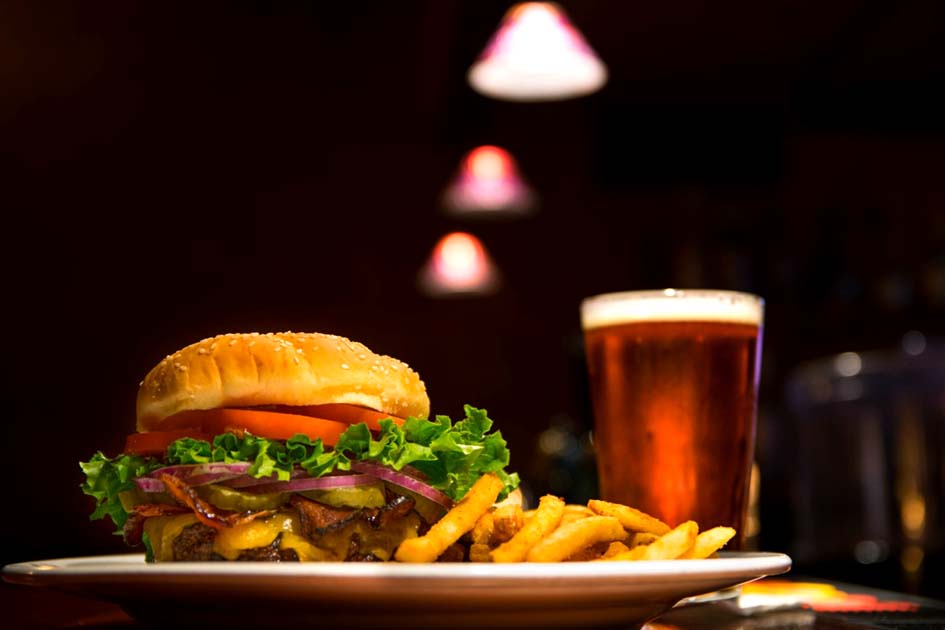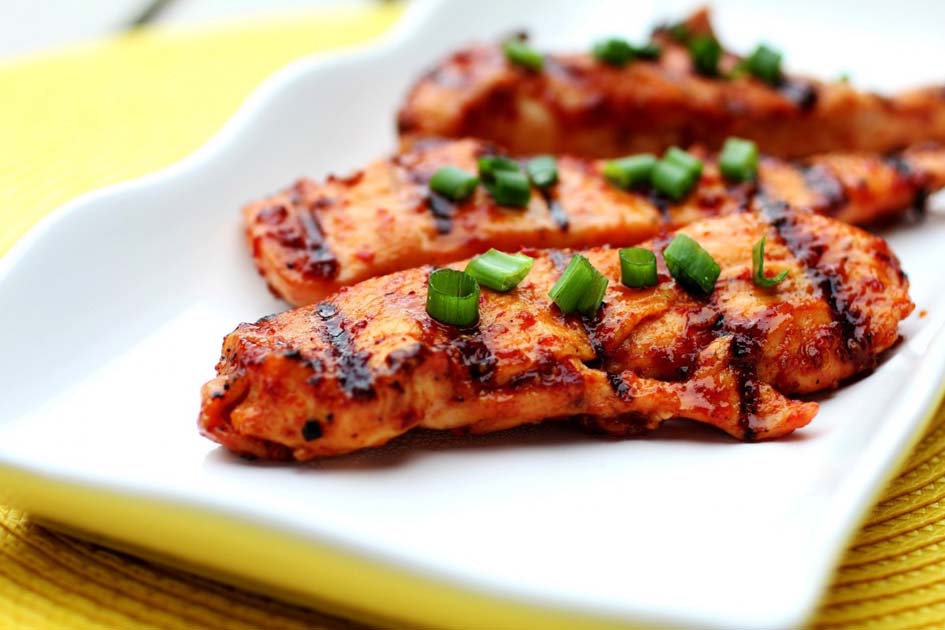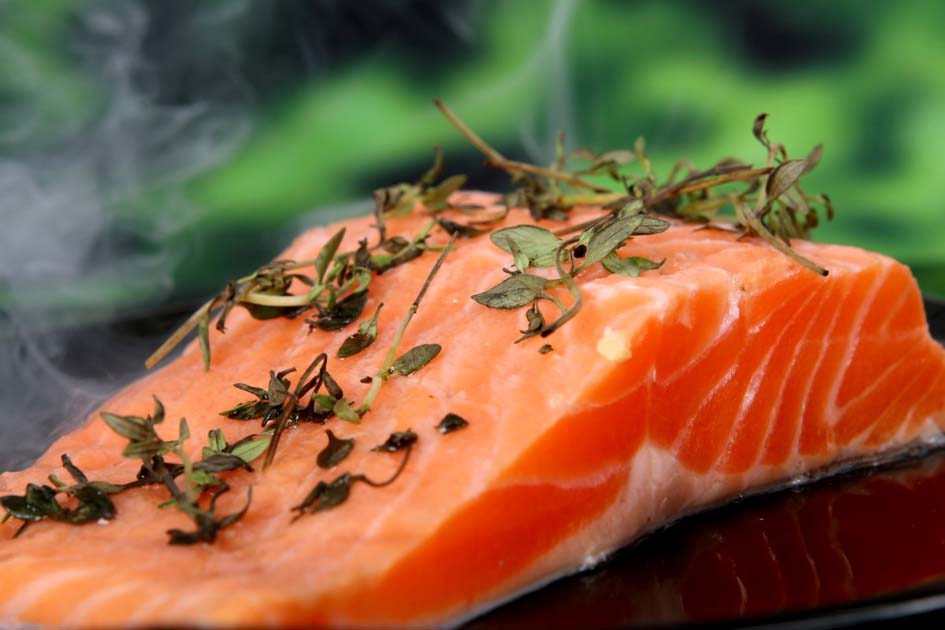Мифы о питании для худеющих

Когда-то давно... В прошлой жизни до просветления... До практик с демонами и работы с людьми... Было время, когда я работала редактором большого журнала, который распространялся в России, Беларуси и Украине. Я встречалась со многими людьми, которых считала экспертами в определенных областях. Теперь я таких ярких личностей называю Мастерами. И сегодня я рада, что у меня есть качественная информация, которой я готова делиться.
Я благодарю Вадима Фатеева, персонального инструктора по бодибилдингу и фитнесу, который подробно рассказал мне о самых распространенных ошибках в составлении рациона.
Итак, поехали...
Задумывались ли вы, что на сжигание 100 г подкожного жира требуется затратить 900 килокалорий. С чем это можно сравнить? Ну, например, два часа приседаний, это всего лишь 100 г жира, а что тогда говорить о килограммах, от которых вы решили избавиться? Но выход есть. Успех в борьбе за красивую фигуру состоит из правильного питания, тренировок и восстановления. Тут даже не обсуждается — вы уже, прямо сейчас, приняли решение ходить в спортзал, а не утешать себя ленивыми поднятиями ног дома перед телевизором.
Какой бы ни была ваша цель (набрать вес или похудеть), главное — это питание. В начале его можно оставить прежним, но уже через несколько тренировок вы можете почувствовать, что не хватает энергии: клонит в сон и вы ощущаете упадок сил.
Это верный признак того, что вы едите не то, что нужно и не в то время, в которое нужно.
Основные правила таковы:
- потребность в белке составляет 1-3 г на 1 кг веса тела,
- в углеводах — не менее 1 г и не более 7 г на 1 кг веса,
- в жирах — 0,5-1 г на 1 кг веса тела.
Углеводы

Именно избыток углеводов в рационе вызывает ожирение (а не жиров, как многие считают). Хотя, жиры, особенно насыщенные, вместе с углеводами, тоже способствуют «бокам» и «ушкам». Есть предел, за который не нужно и даже вредно опускаться тем, кто желает похудеть. Если человек не двигается, то на его жизнеобеспечение организм тратит определенное количество энергии: приблизительно 1 г углеводов на 1 кг веса тела. Это тот минимум, после которого замедляется обмен веществ.
Внимание!
Если вы резко начинаете отказывать себе в питании, организм «пугается». И после поступления пищи начинает запасать ее в виде жира, на случай очередной «голодовки».
Замедление обмена веществ означает, что лишние килокалории не превратятся в тепло, как в обычных условиях, а пойдут прямо в жировые депо. Именно поэтому, любители экстремального похудения так быстро потом набирают вес.
Кроме того, во время голодных дней организм «съедает» в первую очередь мышцы, так как они очень энергоемки и требуют много энергии, а жир просто «висит» рядом.
Любая голодовка зависит от веса. К примеру, если атлет весом в 100 кг опустит количество углеводов ниже 100 г в сутки, то у него замедлится обмен веществ, так как для него это уже голодание. (Я не делаю акцент на предсоревновательной подготовке, там особые условия и препараты, и порой бодибилдеры уходят в 0 углеводов). Но обычным людям, тренирующимся для здоровья и красивого тела, ниже 1 г углеводов на кг веса опускаться не стоит. Если девушка весом 50 кг будет держать 50 г углеводов в сутки, то, даю вам слово, она будет стройной красавицей с прорисованными мышцами. Поэтому смотрите на этикетки — сейчас на каждом продукте указано содержание основных нутриентов. И не перегибайте с углеводами.
Если ваша цель похудеть, и очень хочется простых углеводов (в виде шоколада или пирожных), съешьте немного(!) в первой половине дня, чтобы потом все лишние килокалории организм успел потратить в течение дня.
Белки

Внимание!
Информация для любителей белка: не надо впихивать в себя до 5 г протеина на кг веса, ведь организм не обманешь. Весь лишний белок организм спокойно превратит в углеводы или жир. Поэтому так неэффективны все эти блокираторы усвоения жира.
Хочется вспомнить самую распространенную «истину» про 30 грамм белка за один прием пищи...
Это было придумано диетологами в те далекие времена, когда никто не заморачивался на исследованиях питания. Просто существовали определенные нормы — рацион среднестатистического советского человека должен был содержать 90-120 г белка. Исходя из этого, диетологи произвели расчет, основываясь на 3-4 приемах пищи в день. И вот вам 30 г белка. А потом уже пошло в массы предположение, что организм большую цифру усвоить не может. Но, к вашему сведению, сывороточный белок расщепляется очень быстро и без остатка, и 30, и 60 грамм. А вот казеин — медленно (до 7 часов), и все равно весь не усваивается. А что делать профессиональным атлетам, потребляющим 400-600 г белка в день? Питаться 20 раз в сутки? Нет, конечно! Поэтому давайте похороним этот миф.
Единственное, что важно отметить: не нужно весь свой белок съедать за один раз. Для более полного усвоения распределите его на несколько приемов пищи.
Жиры

Упор в питании нужно делать на растительные жиры, а конкретно, на жиры омега-3. Ешьте рыбу! Она вообще является уникальным продуктом: и белок необходимый есть, и жиры полезные присутствуют. Твердые сыры — это белок и жир. Жир животный, но он плохо усваивается и поэтому не так страшен. Хочу напомнить, что организму нужен и холестерин. Из него он получает половые гормоны. Но это вовсе не значит, что нужно налегать на животные жиры. Просто того количества, которое содержится в сыре или желтках яиц вполне достаточно. Главное — знать меру.
Подведем итог
При правильном питании для худеющих и для тех, кто держит форму, у нас получается:
- 1-2 г на кг веса углеводов,
- 2-3 г на кг веса белка,
- и жиры омега-3.
Для набора веса цифры другие:
- углеводы от 3 до 7 г на кг веса,
- белок 2-3 г на кг веса,
- и жиры, иногда животные.